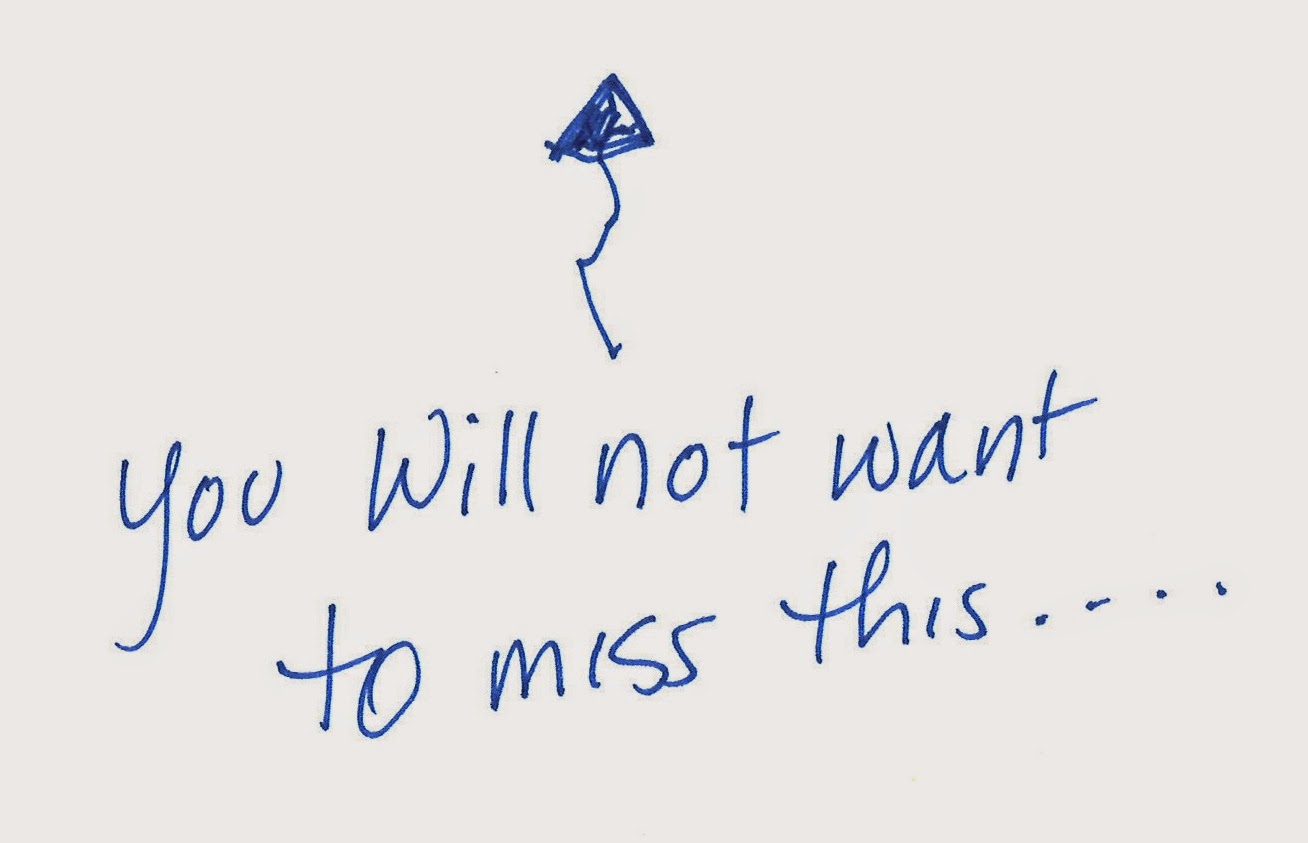Sales
training is a method of teaching employees how to accurately and effectively
offer a product or service to a customer,
as well as,
follow through and closing sales for an organization.
The learning
objectives of effective sales training programs are generally to improve the
relationship between sales professionals and their clients, as
well as to improve the sales
performance and close rates of sales professionals.
Organizations engage in sales training programs for many
reasons. Despite the
best of intentions,
many sales training programs often fall short of
the mark and fail to deliver the business results that the executive team was
originally looking for. This failure is
frequently caused by a lack of clear
expectations. What is supposed to happen
differently on the day after the training?
How will the key skills be reinforced after the sales
training? What will
the sales managers and or coaches do before, during
and after the training to support the program and help ensure adoption of the
new skills?
Countless studies
have shown, unless there is a well-planned reinforcement program in place, sales
professionals will likely forget 80% of the sales training material within 90
days after the training is delivered.
There are many
options to consider in a comprehensive reinforcement
program, including on-demand reinforcement videos, intermittent testing,
periodic role plays, one-on-one coaching and group reinforcement sessions. In our experience, each of these can be an effective part of a
reinforcement program, however, the overall initiative will
likely not succeed without the direct involvement and
engagement from the sales managers and or coaches.
The best way to protect your organization’s investment in
sales training is through sales coach training. Sales
coaching is the most direct way to impact sales team performance. We
can help to equip your sales managers and coaches with the skills and
strategies they need to make a positive difference and guide their sales
professionals to superior sales performance.
Sales Pro Professional Sales Coaching System provides
your sales managers and coaches with the
framework, communication skills, and planning tools they need to build
and maintain a superior sales team—one that generates
mutually beneficial, long-term business relationship..
Sales Pro Professional Sales Coaching System addresses
common issues that salespeople encounter when using
Sales Pro PSS in interactions with
their clients. Each issue is aligned with a module that can help address it.
Sales Pro
Professional Sales Coaching System Audience: Sales
managers or others in your organization with sales coaching responsibilities. Sales Pro Professional Selling System is a prerequisite.
Delivery to Sales Managers and Coaches: Sales Manager/Coach training is delivered by
a 60-90 minute monthly webinar.
Sales Manager and
Coach Delivery: Modules may be delivered in a meeting, telephone call, Skype or webinar. In some cases our coaches are available
to deliver the reinforcement training webinars directly to your sales force.
Sales Coaching
Webinar Topics: A few of the monthly topics include opening the call,
listening, dealing with indifference, closing, acknowledging, confirming and
checking and planning a sales call.
Contact us for a complete list of modules and monthly
investment: Call 239-599-8408 or email Jim@c4oe.com or Joanne@c4oe.com







.jpg)






